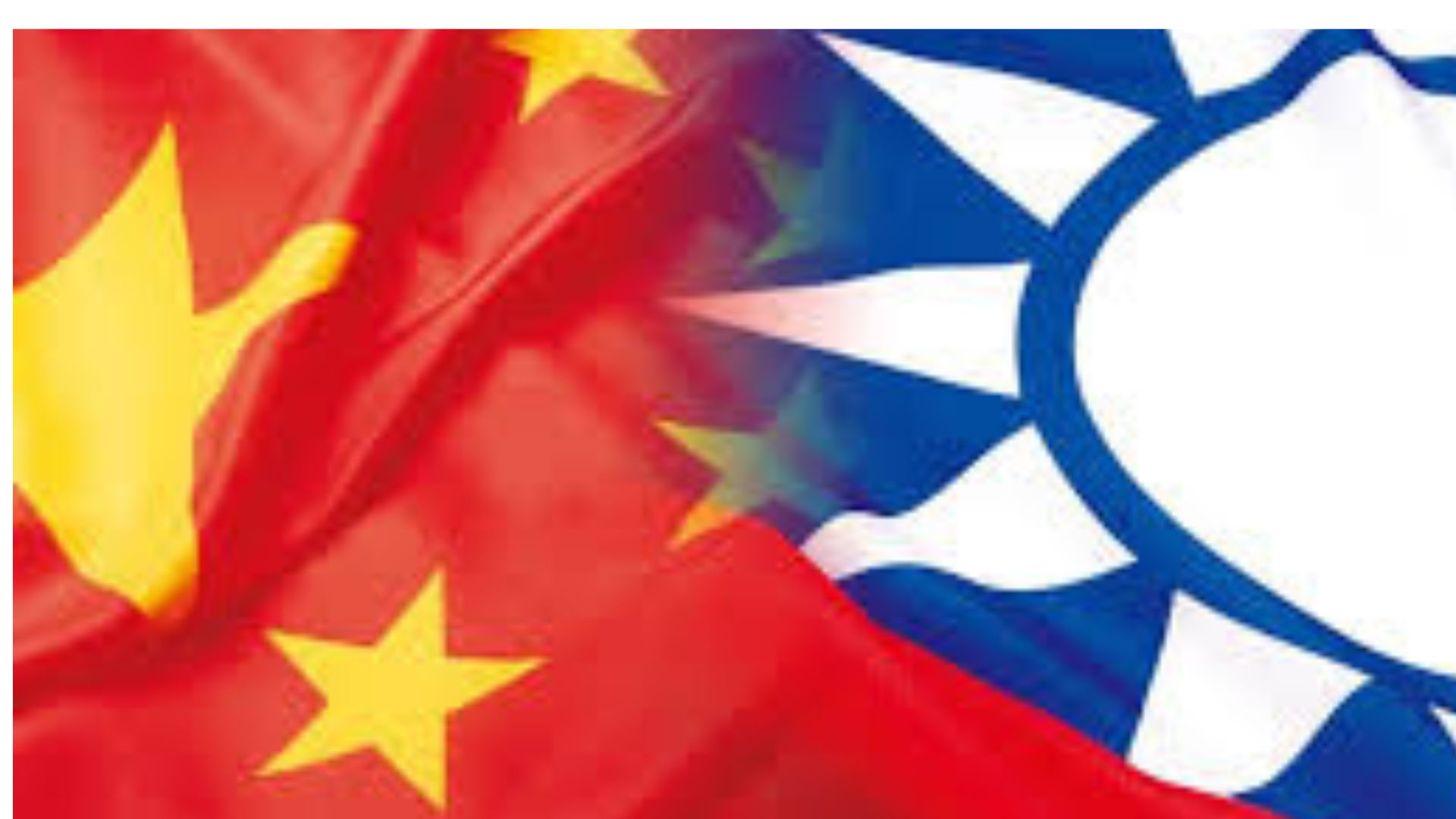Taiwan has issued a strong protest against Beijing following a controversy involving a Taipei-based hotel chain. The dispute arose after the Evergreen Group, a prominent hotel operator, faced backlash for not including the Chinese flag among the Olympic decorations at its Paris hotel. The controversy began when a Chinese influencer posted a video on TikTok on August 13, criticizing the Evergreen Laurel Hotel in Paris for its omission of the Chinese flag.
The response to the video was swift and impactful. Chinese travel portals removed the Evergreen Laurel Hotel’s listings from their platforms, both in Shanghai and Paris, following the viral TikTok post. The Evergreen Group, seeking to address the backlash, issued an apology on Friday. In its statement, the hotel chain expressed support for the “1992 consensus,” which acknowledges a shared recognition of “one China” while allowing both sides to interpret what that means. The apology was made in an effort to placate the Chinese audience and mitigate the economic fallout.
Taiwan’s Ministry of Foreign Affairs condemned China’s actions, accusing Beijing of using economic pressure to manipulate foreign businesses and interfere in Taiwan’s domestic affairs. The ministry asserted that China’s tactics, which include boycotts, penalties, and regulatory measures, undermine international norms and fair business practices.
The “1992 consensus” refers to an informal agreement reached in 1992 between the Chinese government and Taiwan’s Kuomintang (KMT) administration. It recognized that there is only “one China” but allowed each side to have its own interpretation of what “one China” means. Despite never having governed Taiwan, China’s Communist Party claims the island as part of its territory and has vowed to reclaim it by force if necessary.
In response to the situation, Taiwan’s Mainland Affairs Council (MAC) issued a statement on Saturday denouncing the Chinese Communist Party’s actions. The MAC criticized Beijing for manipulating nationalism, inciting harassment of Taiwanese businesses, and employing economic coercion.
The incident highlights ongoing tensions between Taiwan and China, with Beijing’s use of economic influence to enforce political goals continuing to strain relations. Taiwan’s government remains vocal against what it perceives as Chinese attempts to undermine its sovereignty and manipulate international business practices.







